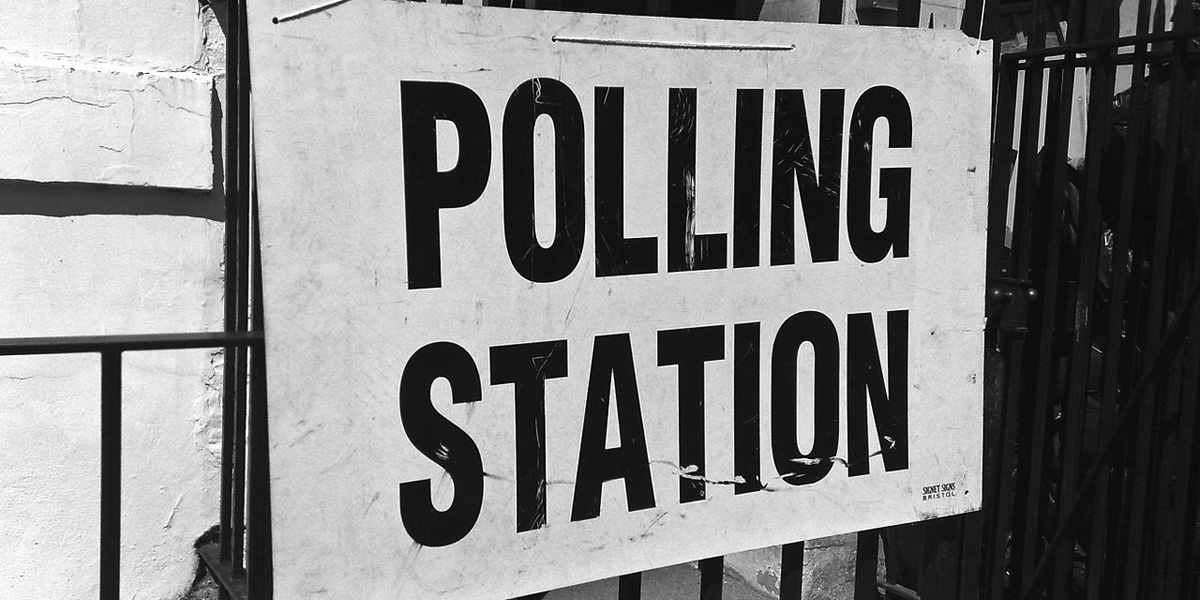Labour’s challenge
Returning a Labour government in the Welsh assembly elections in May is first and foremost about securing the best outcomes for the people of Wales. But it is also important for Labour across the UK, as it demonstrates the difference...
Returning a Labour government in the Welsh assembly elections in May is first and foremost about securing the best outcomes for the people of Wales. But it is also important for Labour across the UK, as it demonstrates the difference a Labour government can make.
Like Labour-controlled councils in England, Labour must defend its record against a background of Conservative cuts and a shrinking future budget. The fact that cuts are a result of the UK government’s policies does not stop local Conservatives – the second party in Wales – from blaming Labour, adding their voices to those of UKIP and Plaid Cymru.
As Wales is the only UK country with a Labour government, it is a real target for Conservative attacks on its record – as we saw last year with David Cameron’s attacks on the Welsh NHS, principally aimed at shoring up Conservative electoral chances in England. His claims about the Welsh NHS have been refuted by both the Nuffield Trust and the OECD. What’s more, the Welsh government is not in dispute with its junior doctors: Wales has the same resource constraints, but also a Labour health minister who sits down with the professionals to find a way forward.
In spite of cuts of some £1.5bn over the last five years, Labour has delivered on all its 2011 election pledges. In contrast to Conservative policy in England, Labour has maintained a modernising school building programme, kept the education maintenance allowance, pegged student fees at £3,800 and is not chopping up the NHS for privatisation.
At this election, Labour are offering voters six deliverable pledges on apprenticeships, childcare, small business rate relief, fasttrack access to new drugs and treatments, improving education standards and doubling the amount of capital that you can keep if you need to go into a care home.
Although Labour holds 28 out of 40 constituency seats, it has only two out of 20 regional list seats. Seats on regional lists are elected by a system weighted towards parties which do not win constituency seats, which is why UKIP think they are in with a chance.
So whilst Labour in Wales has its challenges, it goes into May’s elections with good spirit and determination to return Carwyn Jones as first minister
